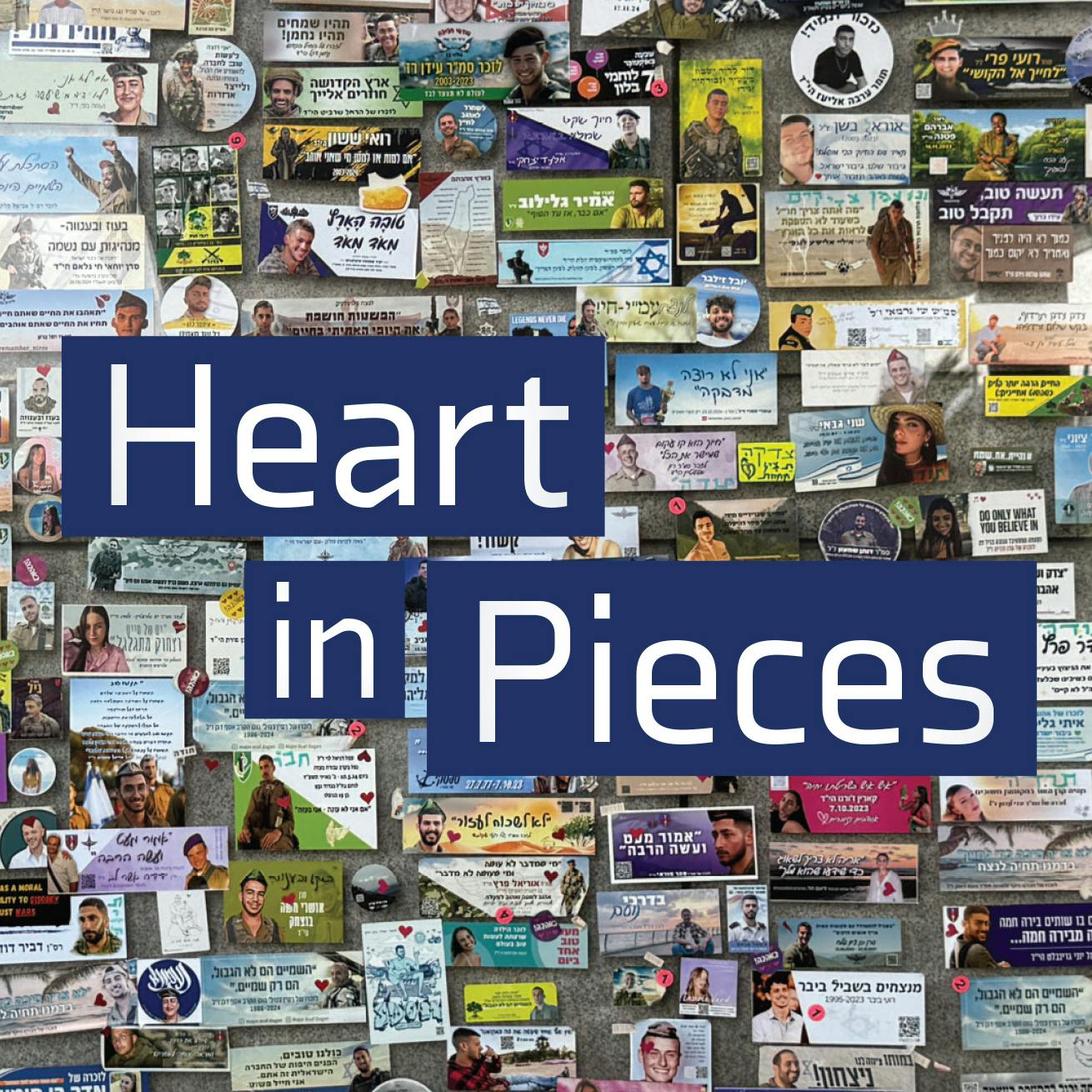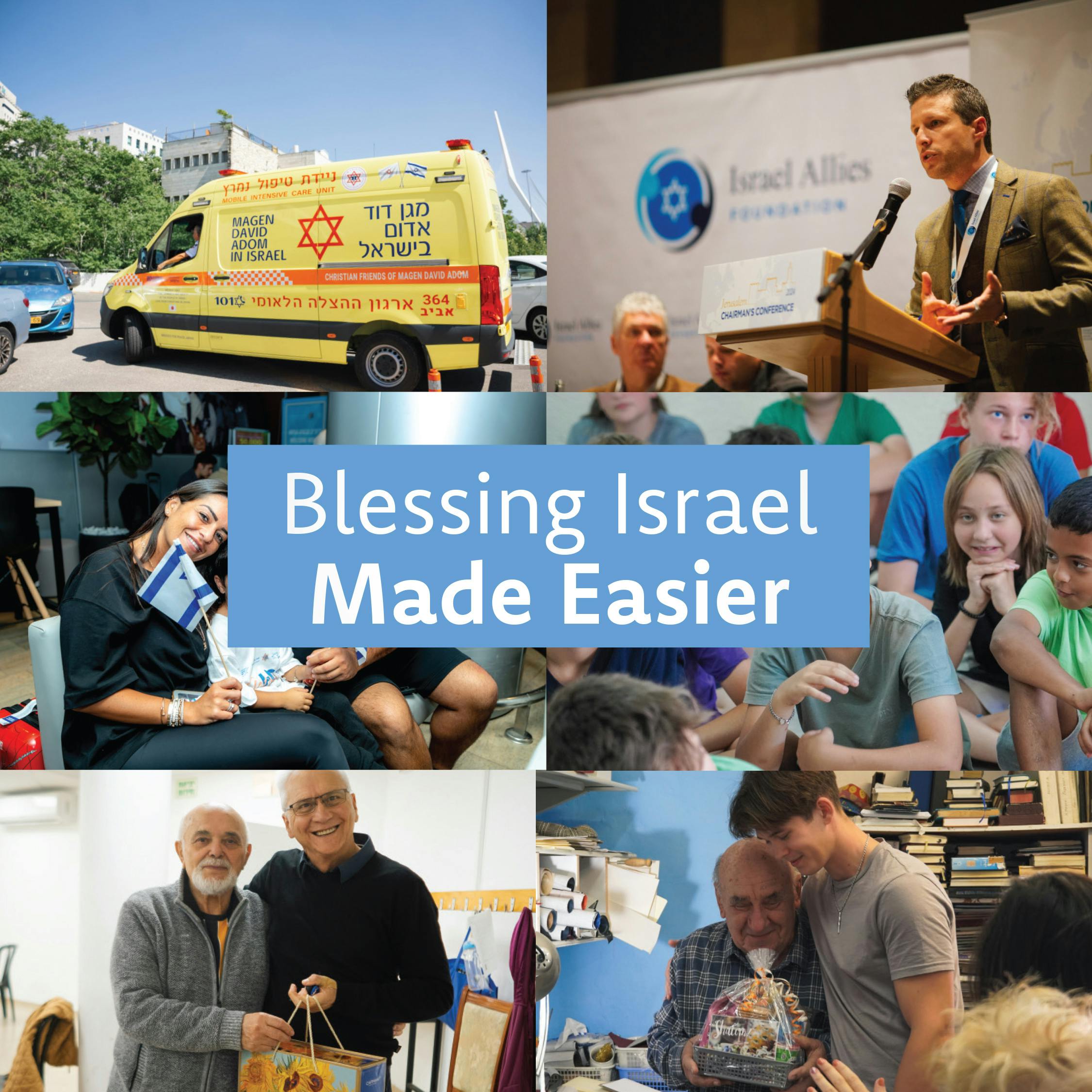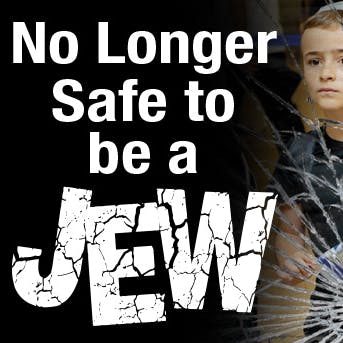October 2025
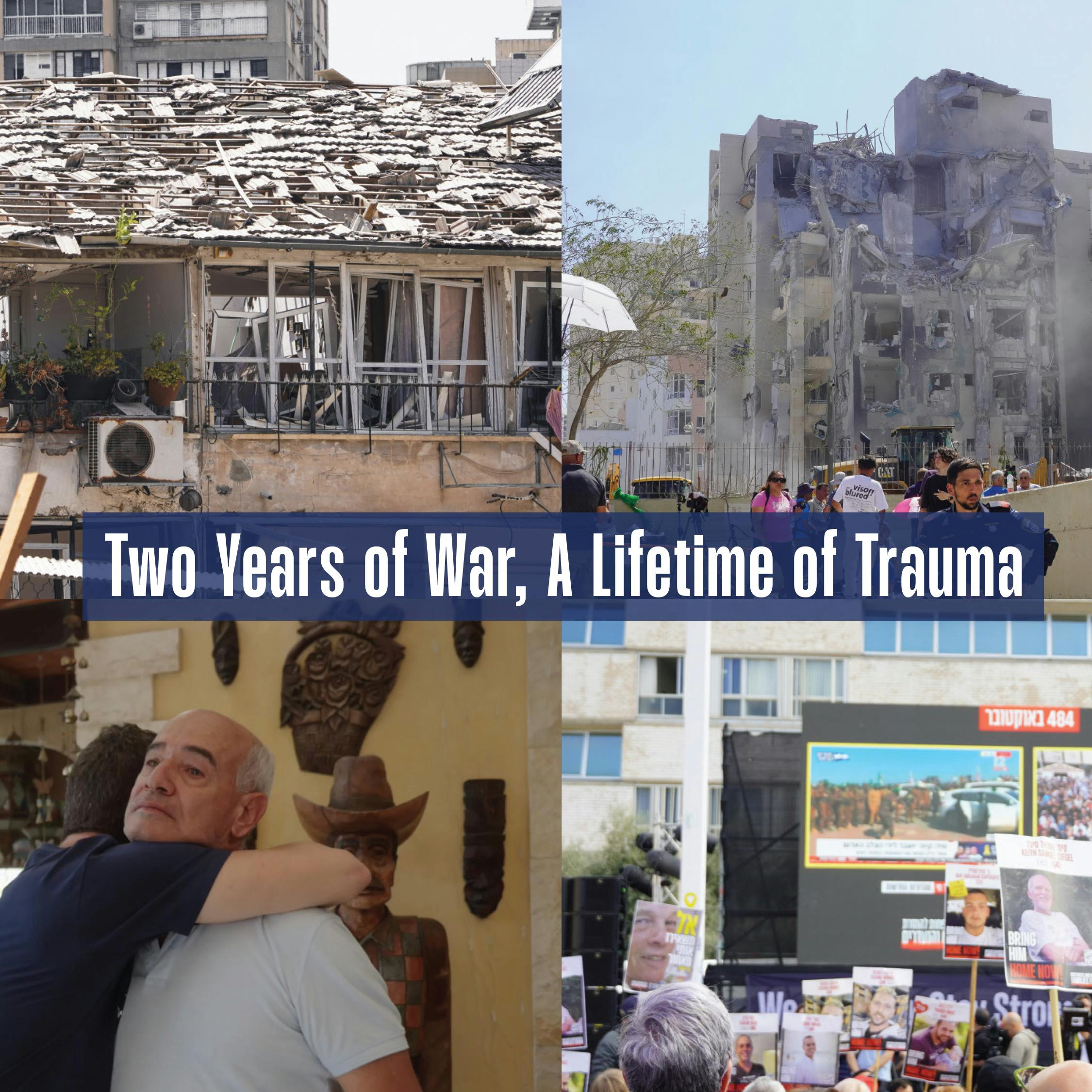
It’s been two years since the start of the longest war in modern Israel’s history, beginning with the brutal attack by Hamas in the early hours of October 7, 2023. On what became known as the Black Shabbat, Hamas terrorists rampaged through Jewish communities next to the Gaza Strip, murdering nearly 1,200 people in a single day, injuring over 5,400 more and taking 251 hostages—sparking the longest and most devastating war Israel has experienced. The trauma that began on that morning continues to reverberate through every corner of the nation today.
The toll on Israel magnified almost immediately when the battle turned into a multifront war. The day after the Hamas attack, rockets began raining down on northern Israel from Hezbollah, the Iran-backed terrorist group in Lebanon. Then the Houthis in Yemen joined the hostilities, adding yet another launching pad for ballistic missiles. And for 12 exhausting days in June, the patron and puppet master of all these terrorist groups—Iran—unleashed more than 550 ballistic missiles and 1,000 drones on Israel, killing 29, wounding 3,000 and displacing 9,000 Israelis.
While the Jewish state fights for survival on the physical battlefield, the war of public opinion rages on. Foreign governments condemn Israel’s efforts in Gaza to rescue its hostages and dismantle Hamas. Anti-Israel protests rage internationally, with pro-Hamas demonstrators praising terrorists while vilifying the Jewish state and harassing Jewish people. Antisemitism has surged to unprecedented levels, with persecution, assaults and vandalism targeting Jews around the globe.

For a people who have endured the Holocaust, pogroms and repeated wars for survival since 1948, these fresh horrors are simply the latest link in a centuries-old chain of trauma upon trauma. Yet October 7 and its aftermath stand among the longest and darkest days in modern Jewish history.
The Unseen Scars
In Israel’s harsh post-October 7 reality, the statistics are staggering. Within weeks of the massacre, rates of PTSD (post-traumatic stress disorder), depression and anxiety nearly doubled, according to a joint study by Ruppin Academic Center and Columbia University.
Another study noted that more than 5% of Israelis are likely to develop PTSD due to immediate proximity to traumatic events, the traumatic and sudden loss of a loved one, displacement and other hardships that many Israelis have suffered since the start of the war. These are not just statistics; they are the realities of children who wake up screaming from nightmares, families who have lost everything and communities struggling to feel safe again.
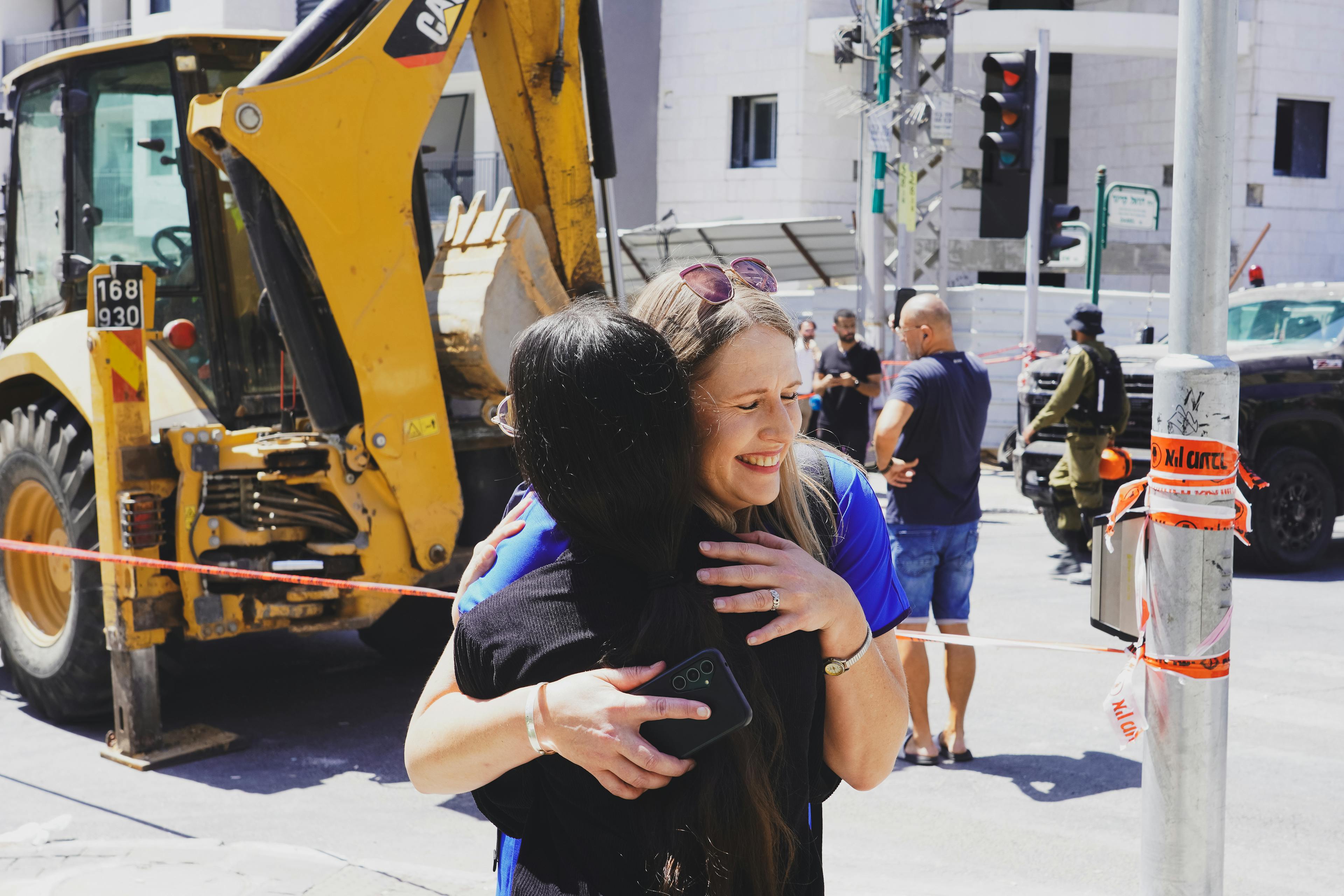
A Beacon of Hope Amid the Darkness
In the face of such overwhelming adversity, Bridges for Peace has stood unwavering in its commitment to support the people of Israel. When rocket sirens wailed, our volunteers didn’t retreat—they ran toward the need. We stood by Israelis in their hour of need. We wept with survivors. We showed up with water, food and comfort when it mattered most. Because of friends like you, we could be their lifeline in their darkest days.
In July, Bridges for Peace went to Zohar, a community just kilometers from Gaza, to transform a gloomy, stark bomb shelter into a vibrant, comfortable safe space that will double as a therapy room for children. Our volunteers lovingly painted bright, colorful flowers on the walls and filled the space with books, toys and craft supplies to bring light into a place of fear.
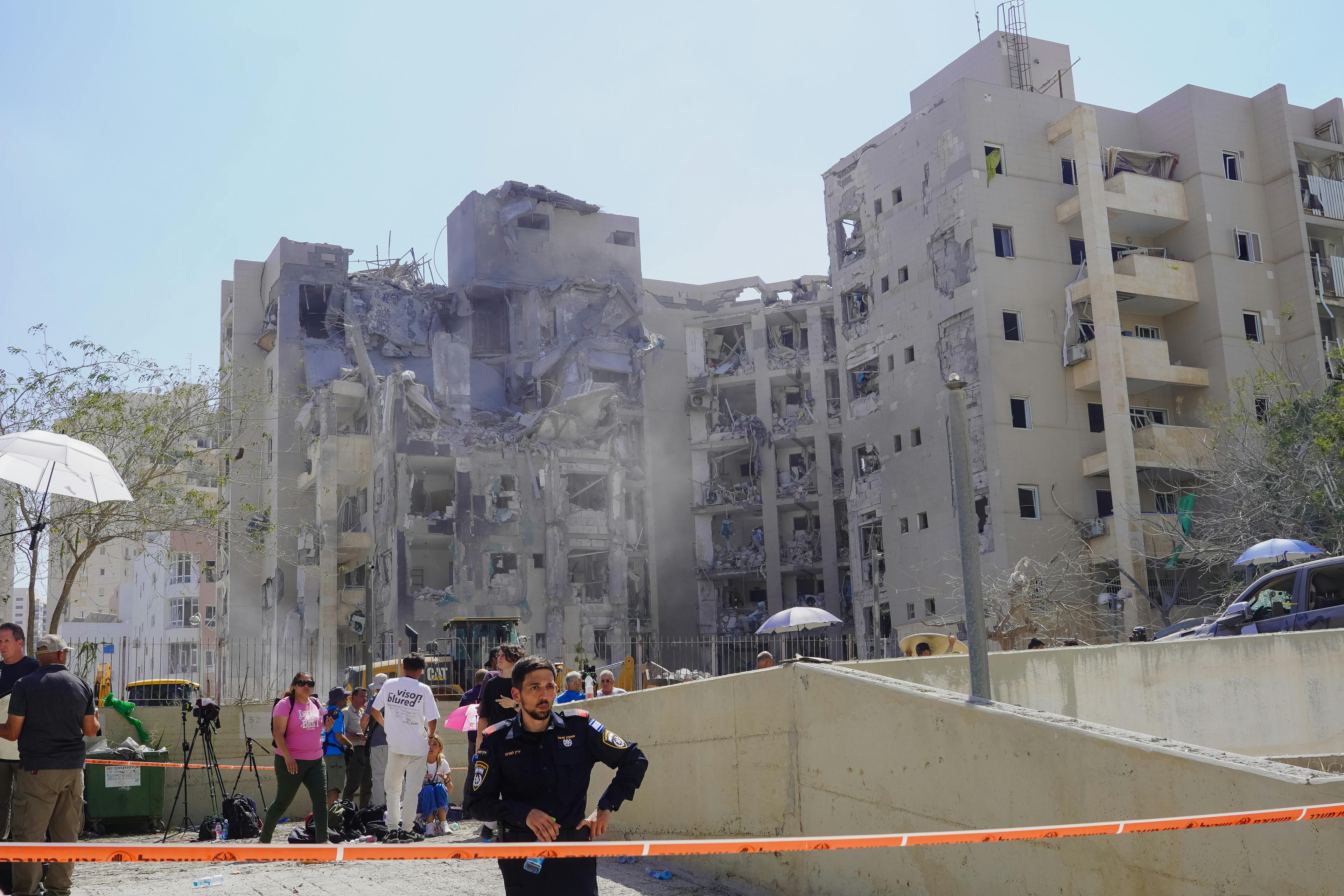
When ballistic missiles from Iran flattened homes in Bat Yam, our team was there the next day to help. We partnered with Isaiah Projects to provide life-saving rescue equipment so emergency responders could dig survivors out of the rubble. When the southern city of Beersheva was hit, we were on the ground the same day, handing out water to survivors and first responders as well as toys and goodies to shell-shocked children.
Over these past two years, Bridges for Peace has provided relief and assistance to those affected by the conflict. We have purchased bomb shelters for communities in the line of fire. We helped the survivors from Kibbutz Be’eri, one of the most heavily affected communities in the October 7 attack, purchase a new security system. We bought new security doors for safe rooms in Kibbutz Kerem Shalom, which lies right on the Gaza boundary. We have provided new medicycles—motorcycle ambulances that can quickly traverse the sometimes crowded and narrow Israeli streets in an emergency—so that Israeli first responders are prepared for the worst. The list goes on…
Beyond meeting physical needs, we also stand with Israelis in their unseen battles: the wounds of the heart and mind. Through the Crisis Fund, Bridges for Peace has supported trauma counseling for children who have witnessed unimaginable horrors, funded dog therapy sessions for traumatized youth and assisted with programs offering ongoing emotional care to families from the hardest-hit communities. We’ve also provided individual therapy for children from Kfar Aza—a community hard hit in the October 7 attack—and essential household items for displaced families rebuilding their lives.
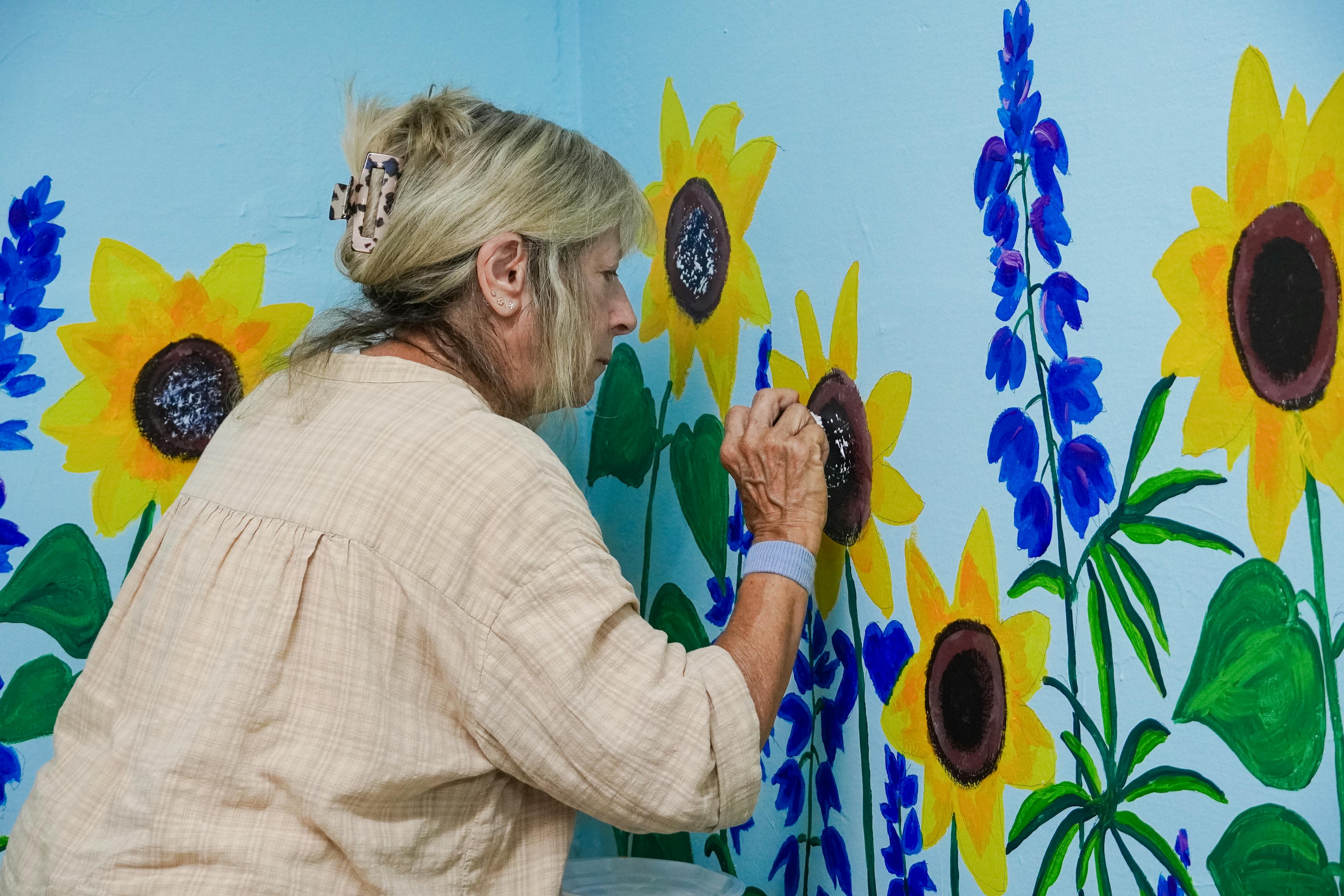
Healing Together
The road to healing is long. Israelis will bear visible and invisible scars for years to come. But together, we can help them rebuild, restore and prepare for whatever comes next.
This is why our Crisis Fund is so critical. Every gift equips us to respond immediately, whether it’s rushing aid to families after a rocket strike, supporting children through therapy or strengthening communities against further threats. We don’t know when the next emergency will come, but sadly, we know it will. And we must be ready.
Will you stand with Israel today? Will you help us shine light into their darkest hours?
Your gift to the Crisis Fund means Israelis are not alone. It means hope instead of despair, safety instead of fear, healing instead of brokenness. Together, we can be the steady hands that lift them up and the shining light that breaks through their night.
Please give generously today—because when crisis strikes again, Israel will need us. And with your help, we’ll be there.
Peace and blessings,
Peter Fast
International CEO

Crisis Assistance Fund
Your donation to the Crisis Assistance fund allows us to respond swiftly and effectively when disaster strikes in Israel.
Donate NowRelated Resources

Discover Your Purpose and God’s Heart For You
In today's divided, turbulent world, it's essential for the Church to rediscover God's heart. Our free e-book, authored by a seasoned expert with three decades of experience in Israel, delves deep into the teachings of Jesus (Yeshua) to reveal God’s principles of love and purpose. Learn how embracing these truths can bring significance and impact to your life, even amidst chaos. Subscribe now to receive your free copy and embark on a journey of transformation.

